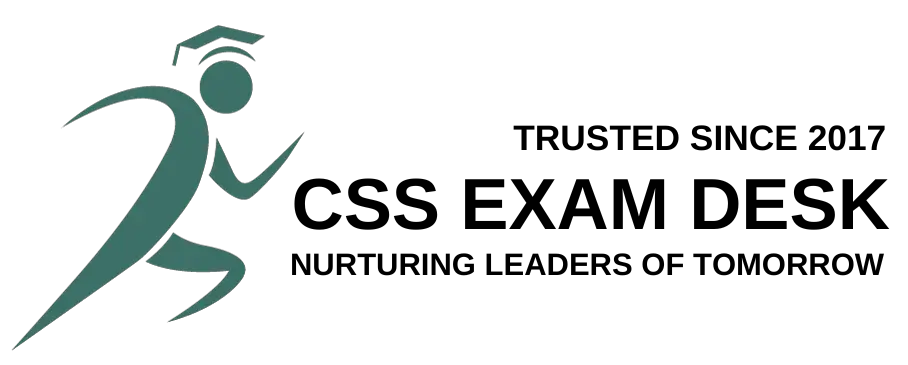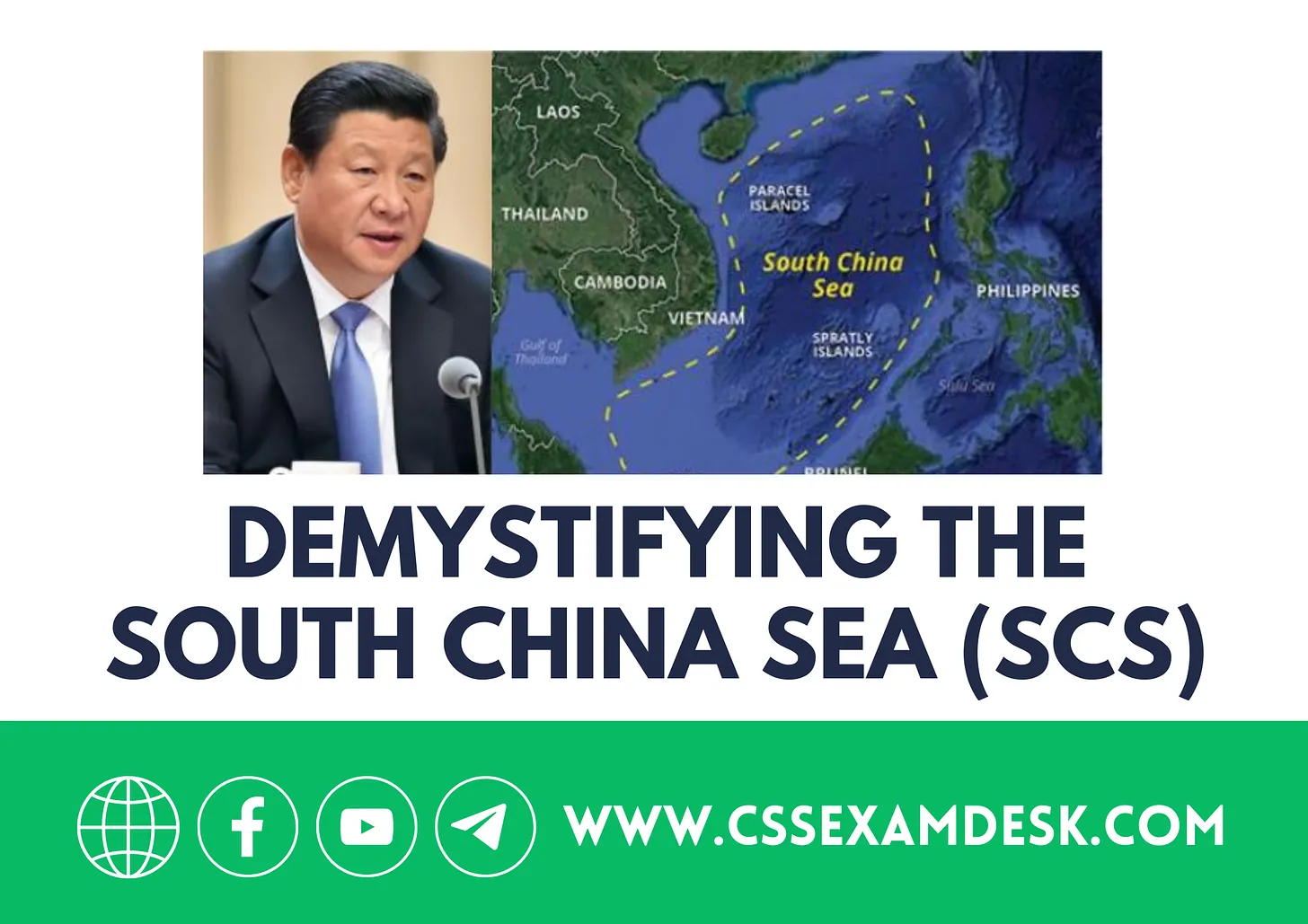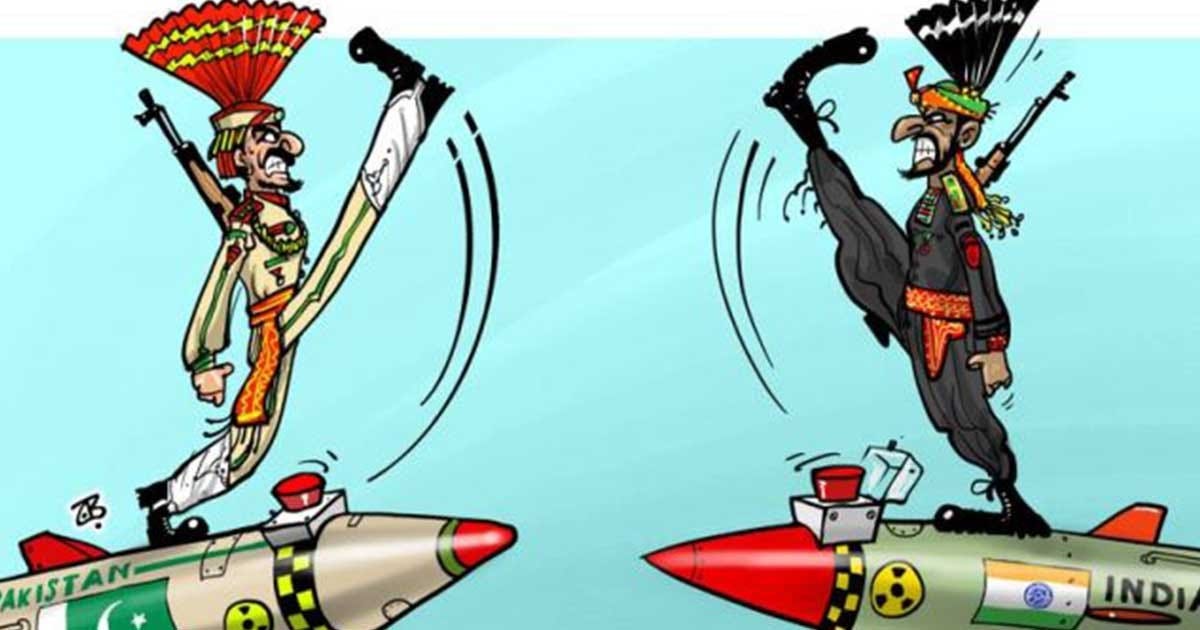Current Affairs Notes by Shanza Faiq (CSS 2018, FSP)
UNSC’s Veto Power
History of Veto Power:
- Beyond permanency itself, the veto power is probably the UN Charter’s most significant distinction between permanent and non-permanent members.
- Article 27(3) of the Charter establishes that all substantive decisions of the Council must be made with the concurring vetoes of the permanent members.
- Veto is used to defend national interests, uphold a tenet of foreign policy or promote a single issue of particular importance to a state.
- First veto used on 16th February 1946 by USSR on a draft resolution regarding withdrawal of foreign troops from Lebanon and Syria.
- It has been used almost 300 times.
- Russia has cast almost half of all vetoes.
- China has used it the least.
Abuse of Veto Power:
- In 1989, US, UK and France used veto to prevent condemnation of the US invasion of Panama.
- In July 2020, Russia and China vetoed a UNSC resolution to extend aid deliveries from Turkey to Syria. Two cross border openings from Turkey to Syria allowed, instead of four, and crossing points of aid from Iraq and Jordan closed. This blocks access to food, healthcare, vaccines, ventilators for Covid etc. Russia and China say that the aid violates Syria’s sovereignty and the aid can be distributed by Syrian authorities.
- During cold war, USSR used veto power to prevent any new country from joining the council.
- US exercised its first veto in 1970, and has since then cast it mostly against UN’s resolution on Israel.
- Veto power is mostly used in the cases of resolutions which condemn mass violence or genocide in a country. Most of the P5 has vetoed resolutions to protect their and their ally’s interests. Russia and China use this power to reject any resolution against the Syrian regime, and US does it to protect Israel from the condemnation of its armed actions in Gaza strip.
- More than 40 times the US has used its veto power to save the interests of Israel. It has recognized Jerusalem as the Israeli capital and had vetoed a UNSC resolution condemning the same.
- Use of chemical weapons by Syrian regime – Russia has always vetoed against a resolution, China has sometimes vetoed it and sometimes abstained. More than 10 vetoes have been used by Russia to protect the interests of the Bashar al-Assad regime.
- Masood Azhar resolution to label him as a terrorist vetoed by China 4 times.
- Pocket or hidden veto is used – many resolutions not even tabled due to threat of veto.
Efforts to correct this problem:
- Many experts say that veto should not be used in cases of genocide, and when used, a reasonable explanation falling within the ambit of UN Charter and international laws should be given.
Initiatives include: French Initiative, ACT Code of Conduct and Elders Proposal.


